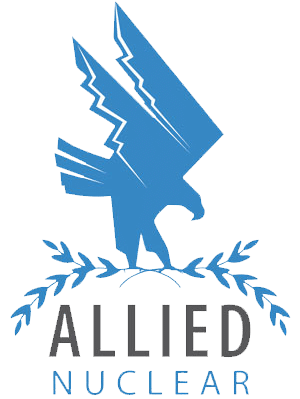The first three of Britain’s next-gen reactors – the licensed Hinkley C, planned Sizewell C and proposed Bradwell B projects – have worrying degrees of ownership by Chinese state-owned nuclear energy companies, from 20% to 67% stakes. As Chinese developers have noted, the proposed Bradwell B reactor offers Beijing the opportunity to build the first Chinese reactor in a developed Western country. The US, UK and other member states of the North Atlantic Treaty Organization (NATO) alliance have good reason to be concerned.
The energy security risks posed by Chinese ventures in building nuclear plants in NATO countries continue to accumulate. Already notorious for industrial espionage and skirting international rules and norms, Beijing-ruled China in recent years has been leveraging infrastructure financing to gain political influence over foreign countries. For instance, when Sri Lanka was unable to pay Beijing back on a loan financing a port, the island nation fell victim to China’s “debt trap” and in 2017 China’s Navy took ownership of the seaport in lieu of payments.
Trade pressures have already provoked threats of retaliation by Beijing. For instance, plans for Britain’s 5G telecommunications network demonstrate the perils of Chinese involvement. When the UK government reversed its decision on allowing Chinese state-owned firms dominance in building the nation’s 5G network, the authoritarian regime threatened to pull out from British nuclear projects. London’s efforts to safeguard its telecommunications network from the possibility of becoming dependent on Beijing-made microprocessors triggered far-reaching repercussions for national security and geopolitics.
Under Allied Nuclear’s buy-side strategy, nuclear energy projects can be delivered without sacrificing the host country’s sovereignty. Regulatory integrity as well as oversight of construction costs and safety standards stand preserved in a competitive, commercial context.
While authoritarian state-owned firms put politics ahead of commercial interests and costs, Allied Nuclear’s “best-in-class” model brings together investors, developers, vendors and contractors. By strengthening customers’ buy-side abilities and extending the foresight of their procurement processes, Allied Nuclear’s partnering countries can be assured that their financial and security interests are served.






